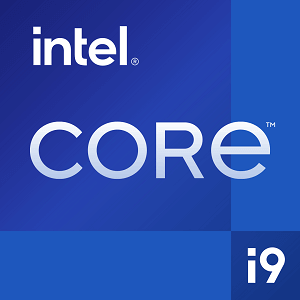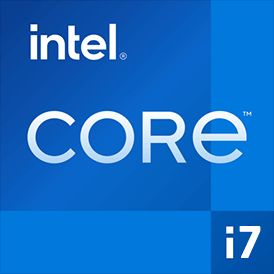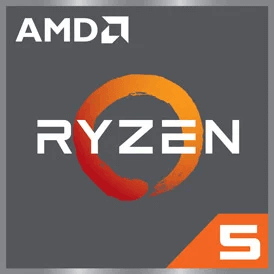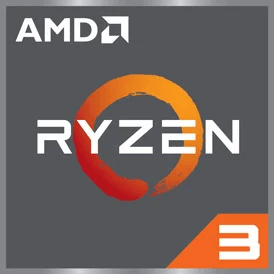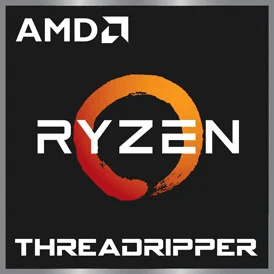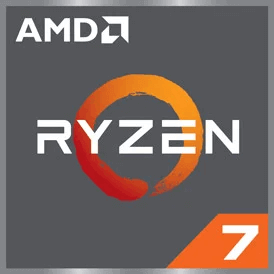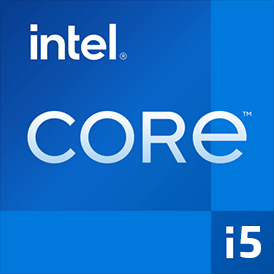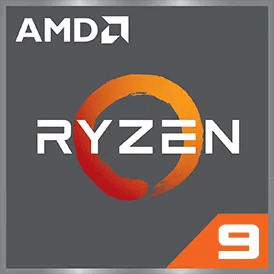Intel Core i9 11900 vs Intel Core i7 10700F
We compared two desktop CPUs: Intel Core i9 11900 with 8 cores 2.5GHz and Intel Core i7 10700F with 8 cores 2.9GHz . You will find out which processor performs better in benchmark tests, key specifications, power consumption and more.
Main Differences
Intel Core i9 11900 's Advantages
Released 10 months late
Integrated graphics card
Higher specification of memory (3200 vs 2933)
Larger memory bandwidth (50GB/s vs 45.8GB/s)
Newer PCIe version (4.0 vs 3.0)
Intel Core i7 10700F 's Advantages
Higher base frequency (2.9GHz vs 2.5GHz)
Score
Benchmark
Cinebench R23 Single Core
Intel Core i9 11900
+16%
1451
Intel Core i7 10700F
1249
Cinebench R23 Multi Core
Intel Core i9 11900
+8%
13236
Intel Core i7 10700F
12149
Geekbench 6 Single Core
Intel Core i9 11900
+33%
2152
Intel Core i7 10700F
1608
Geekbench 6 Multi Core
Intel Core i9 11900
5320
Intel Core i7 10700F
+52%
8118
Blender
Intel Core i9 11900
145
Intel Core i7 10700F
+16%
169
Geekbench 5 Single Core
Intel Core i9 11900
+40%
1709
Intel Core i7 10700F
1213
Geekbench 5 Multi Core
Intel Core i9 11900
+19%
9598
Intel Core i7 10700F
8003
Passmark CPU Single Core
Intel Core i9 11900
+18%
3430
Intel Core i7 10700F
2890
Passmark CPU Multi Core
Intel Core i9 11900
+35%
22929
Intel Core i7 10700F
16898
General Parameters
Mar 2021
Release Date
May 2020
Intel
Manufacturer
Intel
Desktop
Type
Desktop
x86-64
Instruction Set
x86-64
Rocket Lake
Core Architecture
Comet Lake
i9-11900
Processor Number
i7-10700F
LGA-1200
Socket
LGA-1200
UHD Graphics 750
Integrated Graphics
N/A
Package
14 nm
Manufacturing Process
14 nm
65 W
Power Consumption
65 W
100 °C
Peak Operating Temperature
100 °C
CPU Performance
8
Performance Cores
8
16
Performance Core Threads
16
2.5 GHz
Performance Core Base Frequency
2.9 GHz
5.2 GHz
Performance Core Turbo Frequency
4.8 GHz
8
Total Core Count
8
16
Total Thread Count
16
100 MHz
Bus Frequency
100 MHz
25x
Multiplier
29x
64 K per core
L1 Cache
64 K per core
512 K per core
L2 Cache
256 K per core
16 MB shared
L3 Cache
16 MB shared
No
Unlocked Multiplier
No
Memory Parameters
DDR4-3200
Memory Types
DDR4-2933
128 GB
Max Memory Size
128 GB
2
Max Memory Channels
2
50 GB/s
Max Memory Bandwidth
45.8 GB/s
No
ECC Memory Support
No
Graphics Card Parameters
true
Integrated Graphics
-
300 MHz
GPU Base Frequency
-
1300 MHz
GPU Max Dynamic Frequency
-
256
Shader Units
-
64
Texture Units
-
32
Raster Operation Units
-
32
Execution Units
-
15 W
Power Consumption
-
3840x2160 - 60 Hz
Max Resolution
-
0.46 TFLOPS
Graphics Performance
-
